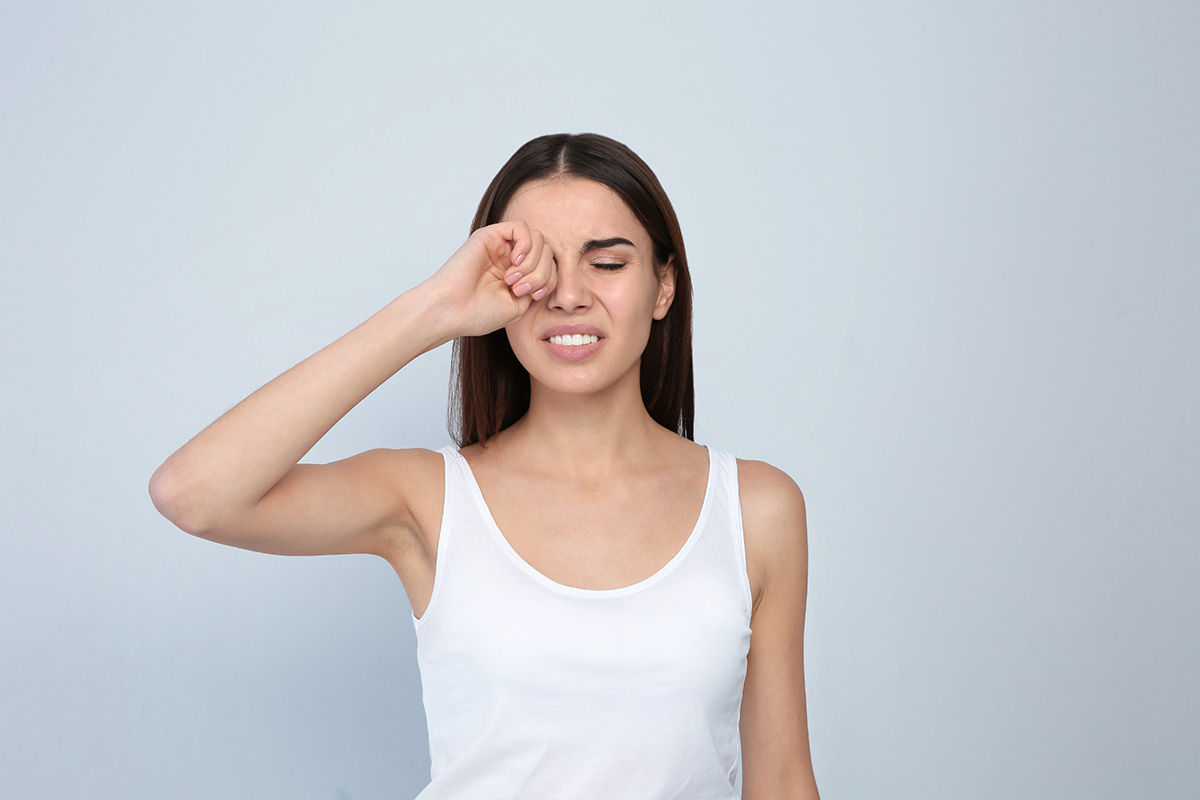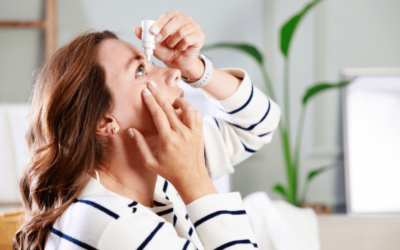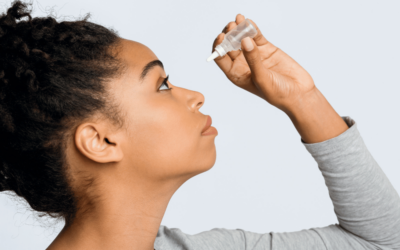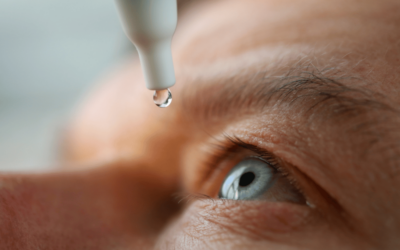Dry eye disease is a common condition that affects millions of people. Although dry eye disease can affect both men and women, research shows that women are more likely to develop the condition than men for several reasons. In this blog, we will explore the potential causes of dry eyes in women, dry eye symptoms, and treatment options.
Common dry eye symptoms
Dry eye disease, or dry eye syndrome, is a condition in which the eyes do not produce enough tears, or the tears produced are of poor quality. It leads to a range of uncomfortable symptoms, including:
- Dryness
- Redness
- Irritation
- Excessive tearing
- Blurry vision
- Light sensitivity
- Irritation while wearing contact lenses
- A scratchy or grainy feeling in your eye
- Feeling that something is stuck in the eye
- Stringy mucus around the eyeball
Dry eye causes in women
There are several reasons why women are more likely to experience dry eyes than men. Some of these factors include:
Hormonal changes
Women undergo hormonal changes throughout their lives, including during pregnancy, menopause, and menstrual cycles. These changes can affect tear production and quality.
Use of certain medications
Women are more likely to take medications that can cause dry eyes, such as birth control pills, antidepressants, and antihistamines.
Cosmetic use
Women may use eye makeup or contact lenses, which can irritate the eyes and contribute to dryness.
Dry eye treatment
There are a range of treatment options available to relieve dry eye symptoms and improve quality of life. Dry eye treatment will depend on the severity of the condition and the underlying cause. Some common treatments include:
- Artificial tears: Over-the-counter eye drops can help to lubricate the eyes and relieve dryness.
- Lifestyle changes: Women can take steps to reduce exposure to dry or windy environments and avoid cosmetics that can irritate the eyes.
- Warm compresses: Applying a warm compress to the eyes can help stimulate tear production and reduce inflammation.
- Omega-3 supplements: Taking omega-3 supplements may help improve tear quality and reduce inflammation.
If none of these treatments provide relief, you should contact us to schedule a comprehensive eye exam in Pembroke Pines. At our eye care center, our dry eye specialists have the expertise to diagnose and treat dry eye disease. If you’re diagnosed with dry eye disease, we will work with you to determine the best dry eye treatment for your specific needs. Also, since your condition can change over time, we will monitor you and update your dry eye treatment as needed.
Our dry eye specialists in Pembroke Pines may recommend dry eye treatment options such as eye drops, tear plugs, plastic surgery, lifestyle changes, and prescription medications. We also provide a specialized in-office light-based treatment called OptiLight by Lumenis for dry eye disease caused by meibomian gland dysfunction (the most common cause of dry eye disease).
If you are experiencing symptoms of dry eyes, schedule your eye exam with us today so you can start feeling better soon!





